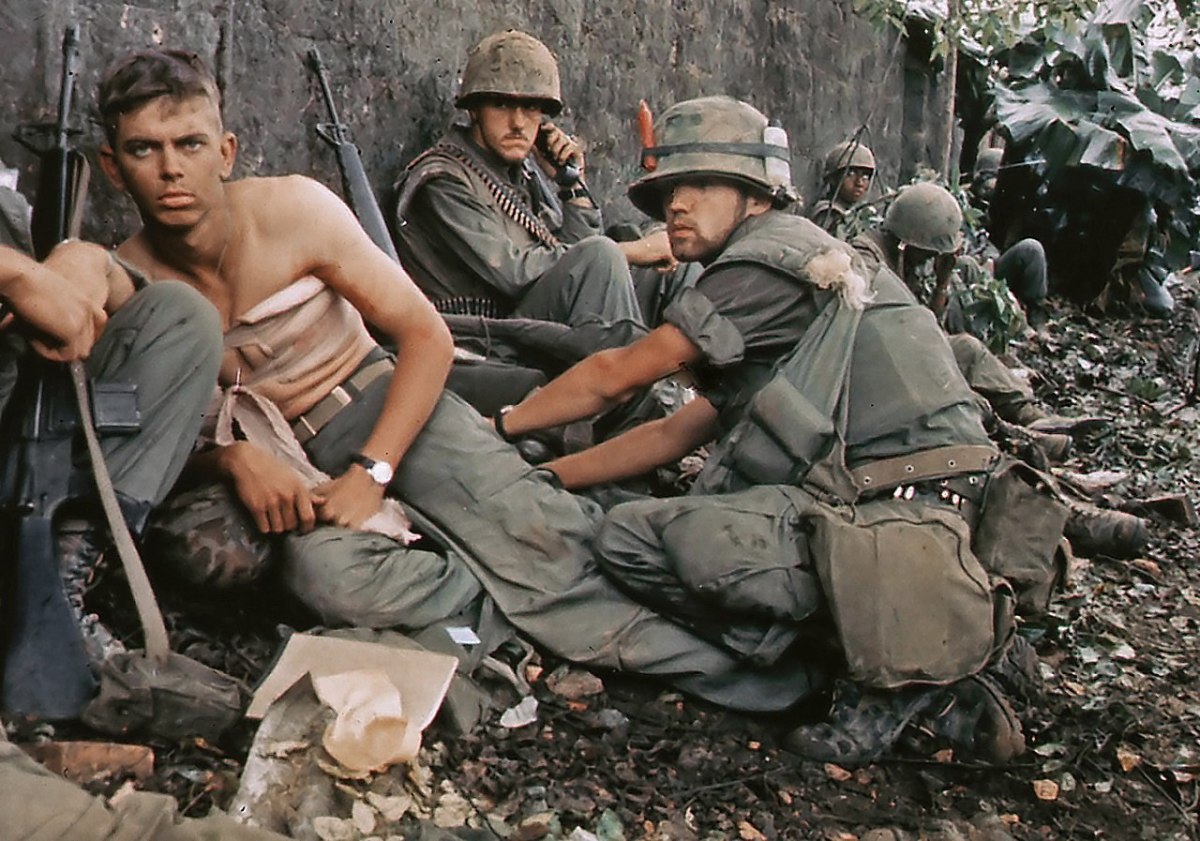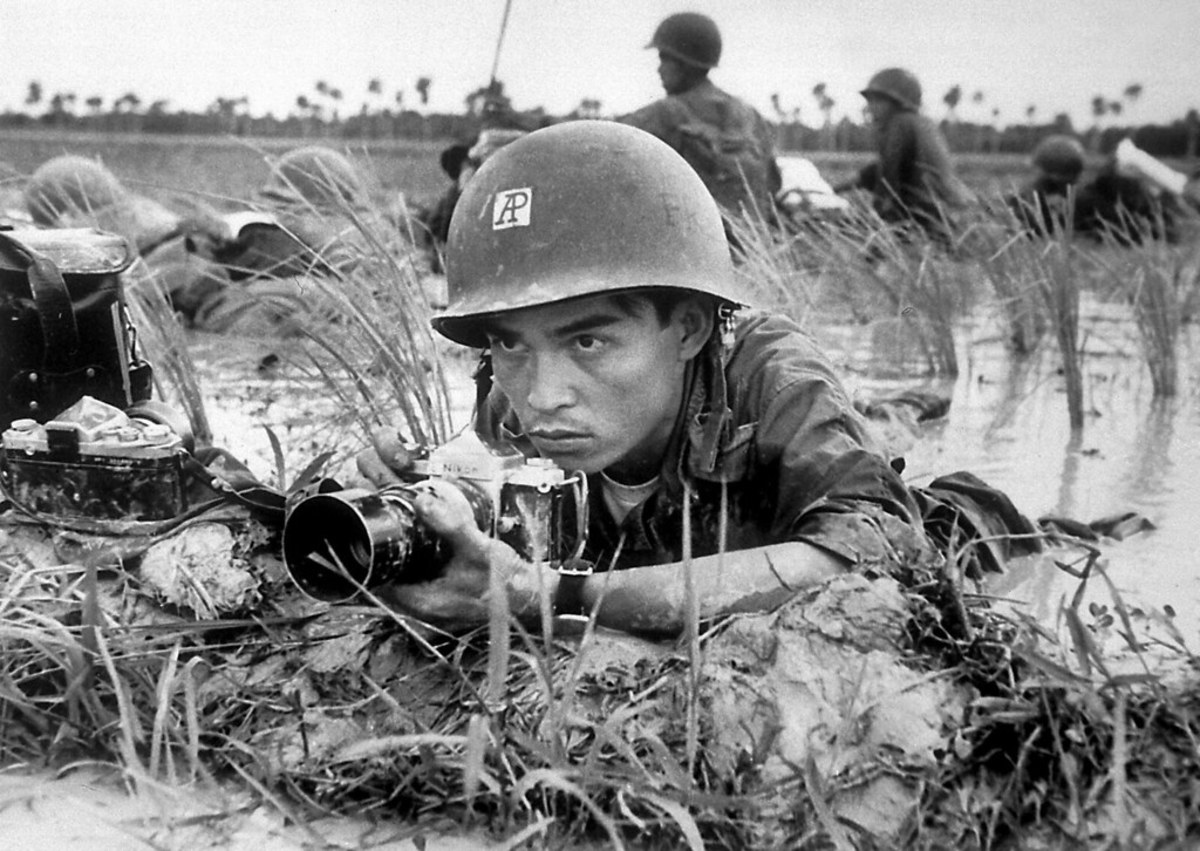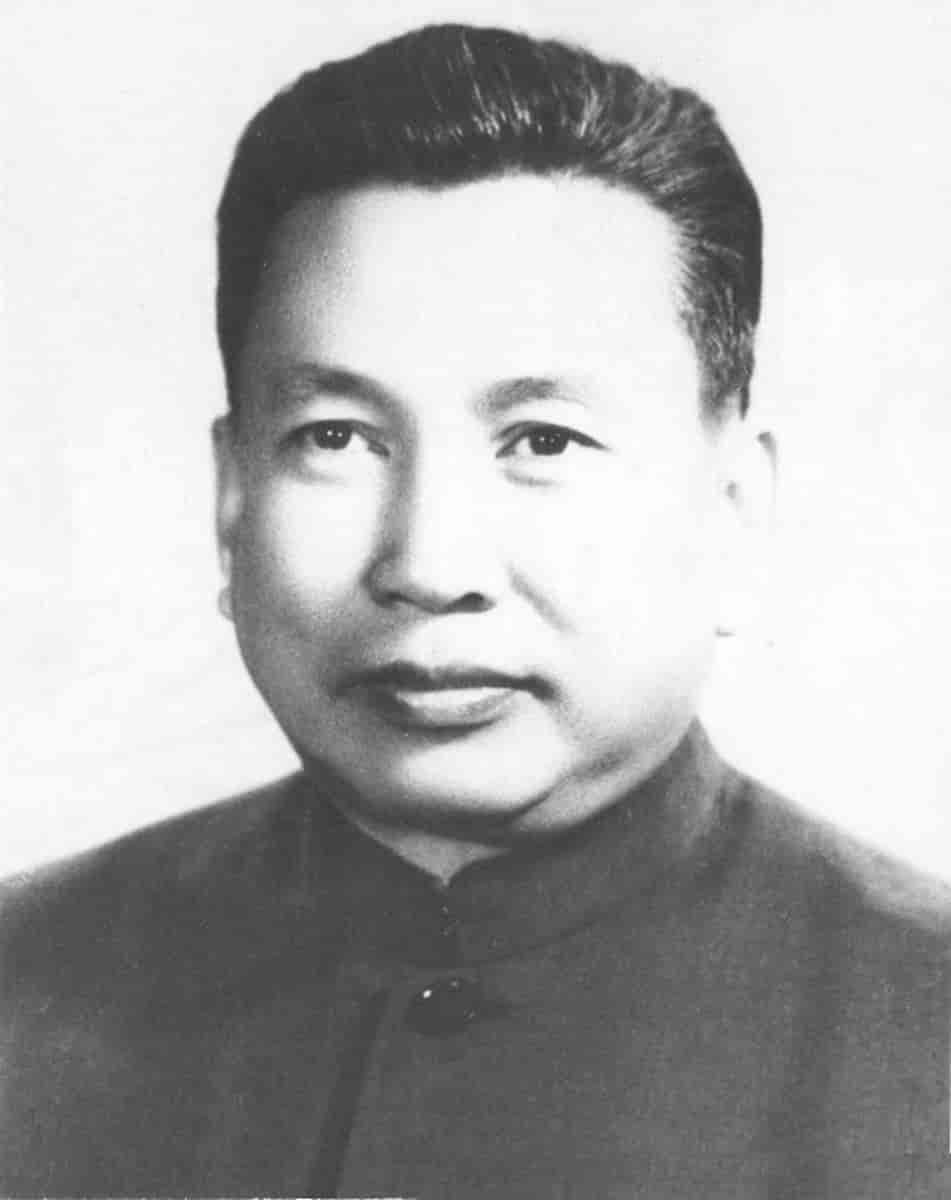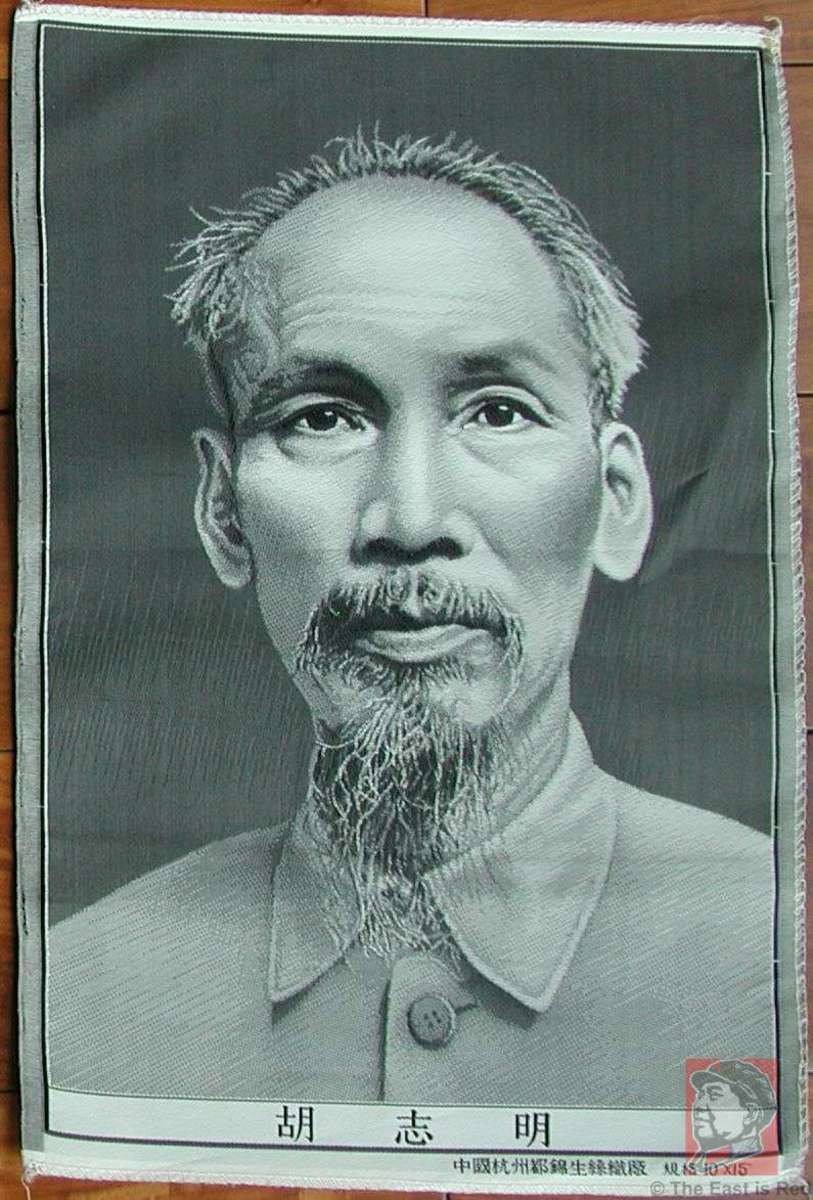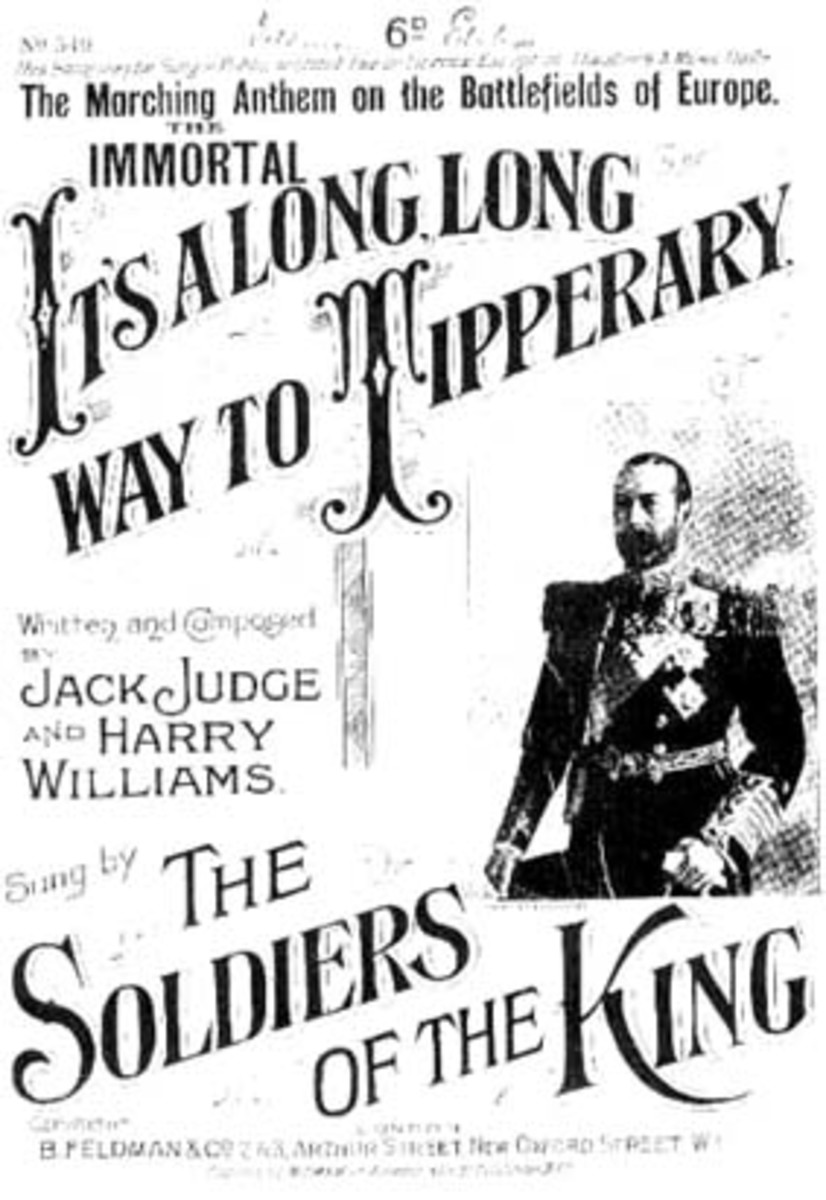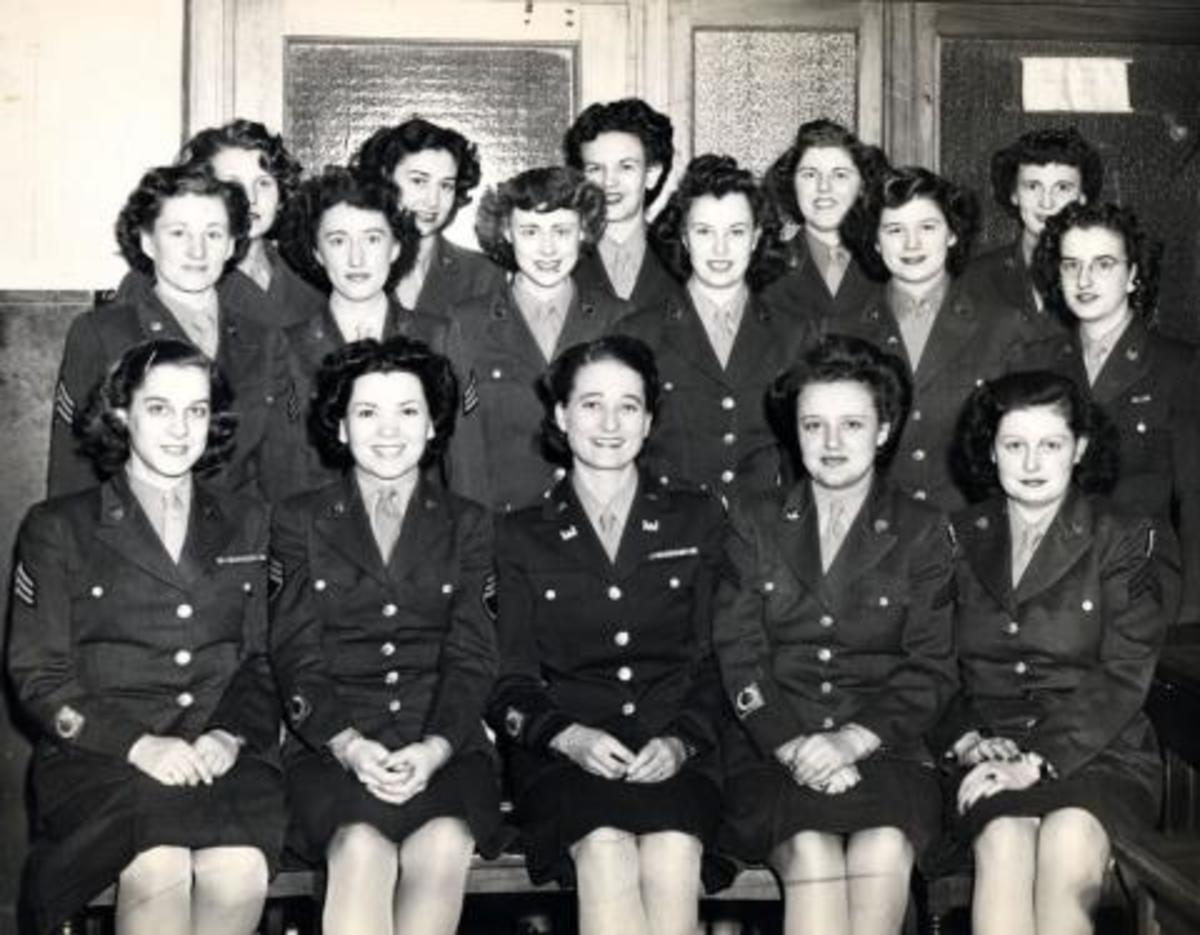- HubPages»
- Education and Science»
- History & Archaeology»
- History of the Modern Era
The United States Lost the Vietnam War -- or Did it?
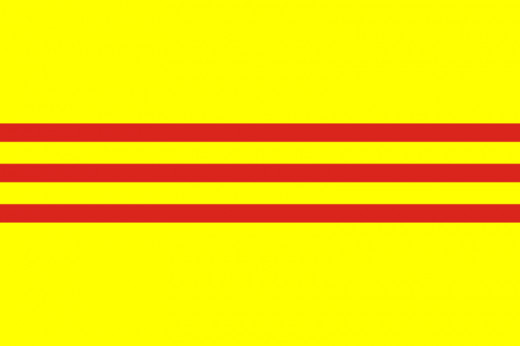
The Premise
Okay, we didn't "win" in the military sense, nor in the political sense. There was no document of surrender of North Vietnam, no parades, no "Victory in Vietnam Day." In fact, it has only been in the last twenty years or so that those of us who served in Vietnam got our due. But, after thinking about this for some time, I came to a few conclusions.
Here's my premise: we actually "won" in Southeast Asia if you consider the long run.
We were not defeated militarily on the battlefield. There were a few significant battles we lost but US forces prevailed in nearly encounter with the enemy where they actually fought. Tet '68 is a good example (more on that later).
Prior to the massive US intervention in Vietnam in the early 1960s, our government believed in the "Domino Theory," whereas if South Vietnam went Communist, so would Laos, Cambodia, Thailand, etc. Indeed, there was already a Communist insurgency in Laos (as a teenager, I remember hearing quite a bit about Laos on the news before I even heard of Vietnam). After 10 years of fighting, the Communist forces in Southeast Asia were, for all intents and purposes, exhausted. Yes, Laos has still has a nominally Communist government, but Cambodia is now a constitutional monarchy. There is virtually no chance of Communism spreading throughout the region today. But what if we had not intervened in the 1960s? What then? Who knows what mischief a consolidated Vietnam under Hanoi's rule would have gotten into? Bear in mind they would not have suffered the casualties incurred between, say, 1964 and 1975, and the north would not have suffered the massive bombing, which caused them to spend time and money rebuilding infrastructure.
Vietnam has, in essence, embraced capitalism. Although the government is nominally "Communist" (i.e., the Lao Dong Party), their actual economy is much more attuned to Wall Street than to Marx and Lenin. In 1986, the Sixth National Congress, tired of the inefficiency and ineffectiveness of the old, Marxist-based system of collectivization, implemented some reforms known as "Doi Moi" to transform to a "socialist-oriented, market economy," and encouraged private ownership of farms and factories. "Socialist-oriented, market economy" sounds like an oxymoron but their economy started to grow after that. Relations between Vietnam and the US were "normalized" in 1995. Now tourists, including many former US military who served there, travel to Vietnam on a regular basis.
The US lost approximately 57000 personnel in the Vietnam War while casualties for the enemy were somewhere north of one million (Viet Cong - "VC" and North Vietnamese Army -"NVA"). Yes, I know, I'm playing in the "body count" sandbox, but losing one million men while killing some 50,000 is certainly a "Pyrrhic victory" at best.
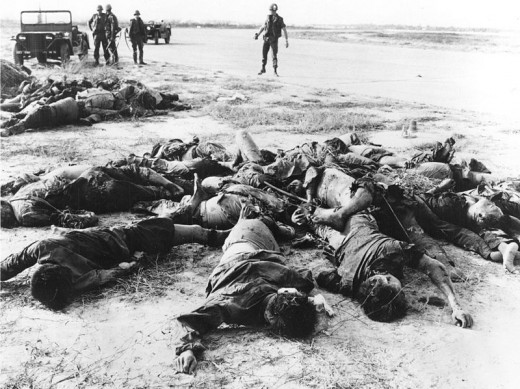
Tet 68 - Victory or Defeat?
Does the sum total of the above constituted "victory?" No, certainly not in the normal sense of the word. The question is, how close did we come to actually "winning" the Vietnam War? The answer is a lot closer than you might think. First of all, after the Tet Offensive in 1968, the NVA and VC suffered terrible casualties; in fact, the VC were virtually eliminated as an effective fighting force. At this point, we most likely could have brought Hanoi to its knees. But what did Lyndon Johnson do? He suspended the bombing campaign over the north and began to limit offensive operations in the south. If I had been a North Vietnamese leader, I would have said "Well, thank you Mister President!" The media, in its infinite wisdom, portrayed Tet 68 as a major defeat for allied forces by playing up the fact that the enemy could still attack at any time in virtually location, but ignoring the fact that, militarily, the Tet offensive was a dismal failure. So, a military defeat became a propaganda victory.
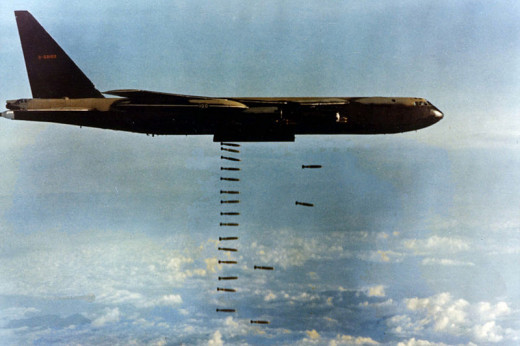
Another opportunity presented itself a few years later during Operation Linebacker II when the North Vietnamese were down to their last few surface-to-air missiles (SAMs). Again, the president (this time it was Richard Nixon) stopped the bombing in order to step up the "peace process" and once again Hanoi escaped likely defeat. The bombing brought Hanoi back to the Paris Peace Talks although they, of course, denied this.
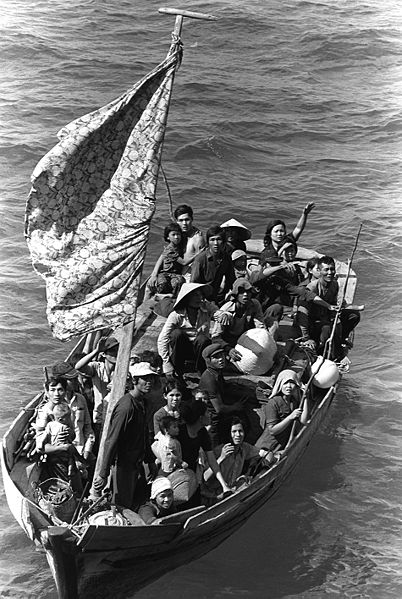
The rest, as they say, is history. The negotiations ended up leaving North Vietnamese forces in place in South Vietnam, let the VC into the government in Saigon, and set the stage for the eventual takeover of the south by Communist forces while we stood by and did nothing in 1975. (By the way, remember the "boat people?" The thousands of Vietnamese who risked their lives -- many were lost -- trying to get out of the country. Like a lot of Cubans, I guess they weren't thrilled by the thought of living in a Communist "workers paradise.")
As an aside, the victory in the "propaganda war" by Hanoi gave impetus to the anti-war movement in this country which contributed significantly, in my opinion, to the eventual abandonment of our mission in Vietnam, leading directly to our inaction as Hanoi broke the "peace" treaty and mopped up South Vietnamese force with little difficulty. The iconic picture of Americans scrambling aboard a helicopter on the roof of the US Embassy in Saigon in April 1975 says it all.
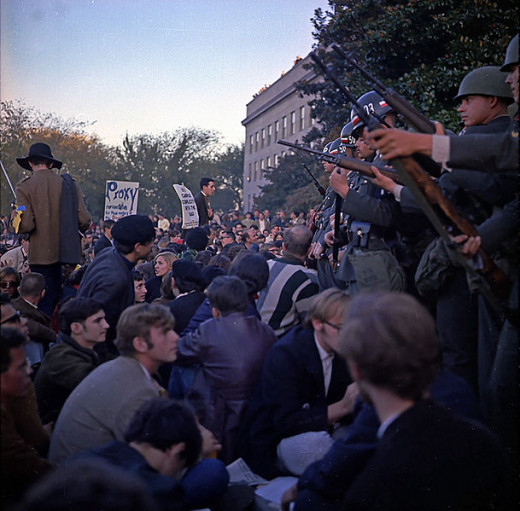
Win, Lose, or Draw?
Given the current state of affairs as outlined above, who "won" and who "lost?" I'll let the reader decide. I will say one thing, however, on a personal note. I served in Vietnam for one year (thankfully in a non-combat role) and I, like most other Vietnam veterans, am proud of my service. I have a T-shirt that quotes Ronald Reagan saying "Ours was a noble effort." The fact remains that Vietnam seems to be "slouching toward capitalism," and maybe more freedom for its citizens. (The demise of Communist governments in Russia and eastern Europe, some of its major supporters, certainly had a hand in this.) Perhaps that effort was not in vain after all.

